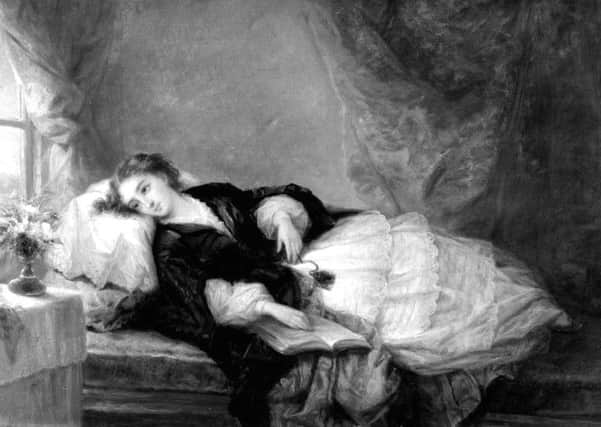Scottish word of the week: Humdudgeon


Humdudgeon describes a fuss over nothing, a storm in a teacup (or a needless stooshie, as some might say). Someone who goes to great lengths to communicate their offence at something pretty trivial is likely to be accused of being in humdudgeon.
Humdudgeon also refers to an imagined illness (or a sickie, if you prefer). While suffering from rheumatism in 1826-7, Sir Walter Scott wrote in his diary: “At home, and settled to work; but I know not why I was out of spirits — quite Laird of Humdudgeon, and did all I could to shake it off, and could not.”
Advertisement
Hide AdHumdudgeon is likely a portmanteu of humbug and dudgeon; the latter means to feel deep offence or resentment (someone in “high dudgeon” will, as you might imagine, be beyond furious). Humbug, popularised by Charles Dickens via Ebenezer Scrooge’s “bah humbug”, describes deceptive or false behaviour.
It has steadily fallen out of use since the 18th and 19th centuries, though humdudgeon does make the odd appearance in 20th century literature. Joan Aiken, in Black Hearts of Battersea, wrote: “I tell you, Uncle Bill’s always agreeable. It’s Buckle who’d put a spoke in the wheel — sour old cheesebox — but it’s the luckiest thing in the world, he’s been called away to Deptford on two days’ urgent private business — rich aunt dying or some such humdudgeon — and won’t be back till tomorrow evening.”